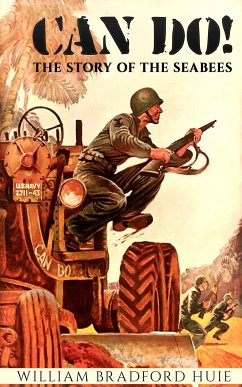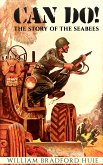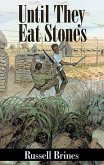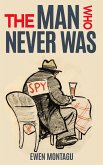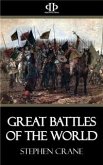Born in the hellish aftermath of Pearl Harbor, the Seabees began as barely armed civilians with no military training. They had an average age of 35. GI's would joke, "Never hit a Seabee, for his son might be a Marine." But America's bulldozing, jungle-hacking, 'Jap-cracking' Construction Battalion or the Seabees ('C.B.'s) soon proved themselves miracle-construction-workers in seemingly impassable combat zones. Before World War 2, Marines were the ones to 'get their first,' but the need for roads in the muddy battlefields of the Pacific meant that claim would pass to the Construction Battalion. Their early motto was 'Can Do!'
Bitte wählen Sie Ihr Anliegen aus.
Rechnungen
Retourenschein anfordern
Bestellstatus
Storno

